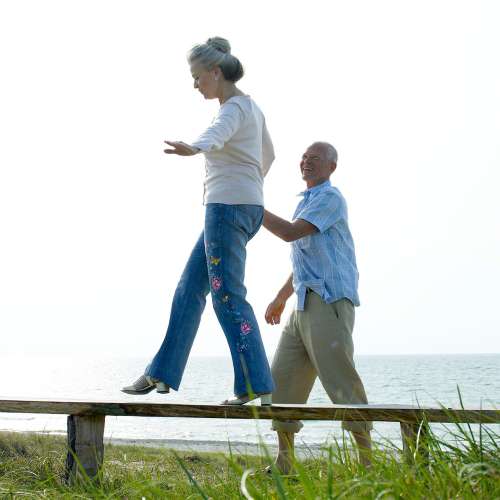I know dealing with an ileostomy is largely trial and error, but after my 3rd blockage in 11 months, I finally realized that until I stop having output for 12-18 hours (with or without pain), I don't know a blockage is coming on--and I haven't a clue about how to link the problem to any particular food I might have eaten. For one thing, I don't know how long it takes for food to "process" into the pouch. Nor do I know what to look for in the output, if there are any clues there. Is pain usually a sign of problems *before* a blockage? I'm not even sure at this point whether it's food that is causing my blockages. Two surgeons told me it was scar tissue, but the hospitalist for my last visit asked me what I'd been eating. Any guidance would be appreciated. Thanks.

Why Join MeetAnOstoMate?
First off, this is a pretty cool site with 38,241 members who truly understand you.
When it comes to ostomy, members share DIY hacks to save money, product comparisons, practical advice on insurance and medical coverage advice, information on new products to make life easier, and much more.
But, it's not all about ostomy. We talk about everything.
Many come here for advice or to give advice, others have found good friends, and some have even found love. Most importantly, people here are honest and genuinely care.
🛑 Privacy is very important - we have many features that are only visible to members.
Create an account and you will be amazed by the warmth of this community.
Advertisement
Hollister
As a student, there are easy ways you can prepare ahead and manage an ostomy while you are at school.
Read answers to frequently asked questions about how to change your pouch and participate in activities.
Read answers to frequently asked questions about how to change your pouch and participate in activities.
Advertisement
Hollister
Urinary tract infections can still occur after urostomy surgery.
Learn about some basic diet and ostomy pouch routines that can help prevent them.
Learn about some basic diet and ostomy pouch routines that can help prevent them.





